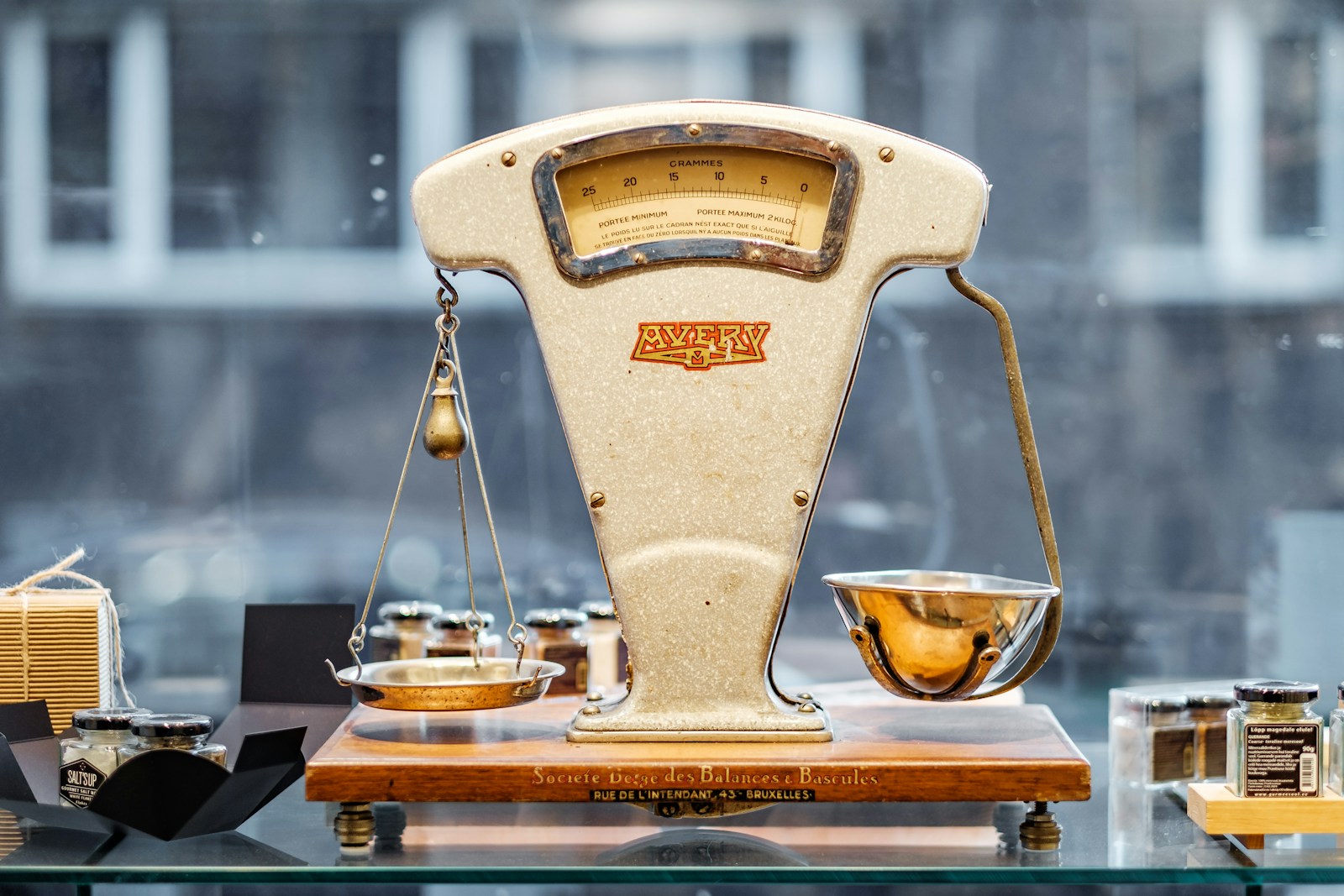Trading inherently involves uncertainty. Markets fluctuate unpredictably, influenced by countless factors beyond a trader’s control. This unpredictability can trigger fear, leading to hesitation, emotional decision-making, or even a complete withdrawal from trading. However, one powerful tool can help traders navigate this uncertainty: a well-crafted trading plan.
A comprehensive trading plan serves as a roadmap, providing structure and clarity in an otherwise chaotic environment. This article explores how having a trading plan mitigates the fear of uncertainty and helps traders approach the markets with confidence.
The Role of Fear in Trading
Fear in trading often stems from:
1. Market Volatility
Sharp price movements can lead to panic.
2. Fear of Loss
Concern about losing capital creates hesitation.
3. Uncertainty of Outcomes
No trade is ever guaranteed to be successful.
4. Emotional Triggers
Previous losses may exacerbate anxiety.
Unchecked fear can lead to poor decision-making, such as premature exits, overtrading, or avoiding trades altogether.
How a Trading Plan Reduces Fear of Uncertainty
1. Provides Clear Guidelines
A trading plan outlines specific criteria for entering and exiting trades, risk management rules, and target goals. Knowing when and how to act reduces guesswork and boosts confidence.
2. Enhances Risk Management
By defining position sizes, stop-loss levels, and risk-reward ratios, a trading plan limits potential losses. This safety net alleviates the fear of catastrophic outcomes.
3. Shifts Focus to Process, Not Outcomes
When traders follow a structured plan, success is measured by adherence to the process rather than individual trade outcomes. This shift in mindset reduces anxiety over short-term losses.
4. Reduces Emotional Decision-Making
A trading plan acts as a buffer against impulsive reactions driven by fear or excitement. Traders are more likely to stick to objective strategies rather than succumbing to emotional whims.
5. Increases Predictability in Execution
While market outcomes remain uncertain, a trading plan provides predictability in how trades are executed. This sense of control combats the paralyzing effects of uncertainty.
6. Builds Confidence Through Consistency
Consistently following a trading plan reinforces positive habits and builds confidence over time. As confidence grows, the fear of uncertainty diminishes.
Key Components of an Effective Trading Plan
To maximize the fear-mitigating benefits, a trading plan should include:
1. Trading Goals
Define short-term and long-term objectives.
2. Entry and Exit Criteria
Specify the conditions for entering and exiting trades.
3. Risk Management Rules
Include position sizing, stop-loss levels, and risk-reward ratios.
4. Trading Strategy
Outline the technical or fundamental analysis methods used.
5. Performance Tracking
Maintain a trading journal to review and refine your approach.
Tips for Developing and Sticking to a Trading Plan
1. Start Simple
Avoid overcomplicating your plan. Keep it clear and actionable.
2. Test Your Plan
Use a demo account to validate your strategy before trading real money.
3. Adapt to Market Changes
Periodically review and adjust your plan as needed.
4. Stay Disciplined
Trust your plan and resist the urge to deviate from it.
5. Learn from Mistakes
Analyze trades that didn't follow the plan to identify areas for improvement.
The Psychological Benefits of Trading with a Plan
1. Reduced Anxiety
Clear guidelines eliminate much of the uncertainty that fuels fear.
2. Improved Decision-Making
Objective criteria replace emotional reactions.
3. Enhanced Focus
Traders concentrate on executing the plan rather than worrying about market fluctuations.
4. Greater Resilience
Confidence in the plan helps traders bounce back from losses.
Conclusion
In the unpredictable world of trading, fear of uncertainty can be a formidable obstacle. However, a well-defined trading plan provides structure, clarity, and confidence, helping traders navigate market volatility with a calm, disciplined mindset.
By focusing on the process and trusting in their plan, traders can mitigate the fear of uncertainty and lay the foundation for long-term success. Remember, it's not about predicting every market move — it's about having a plan and executing it with discipline and confidence.









